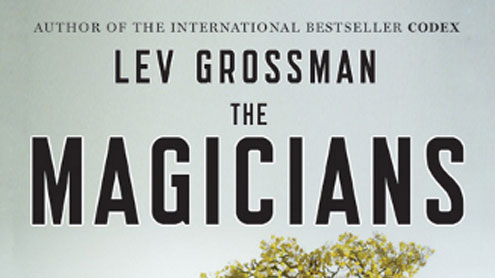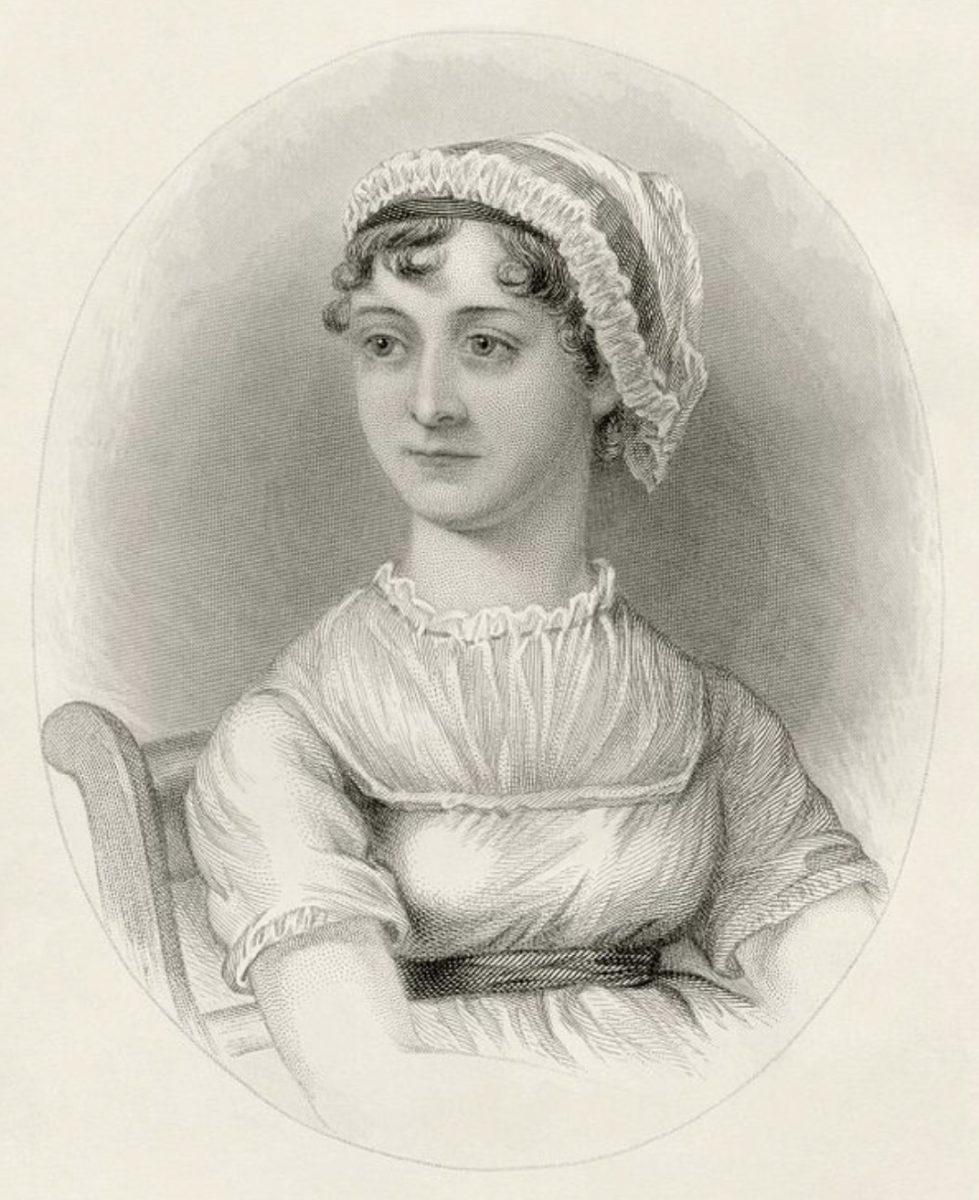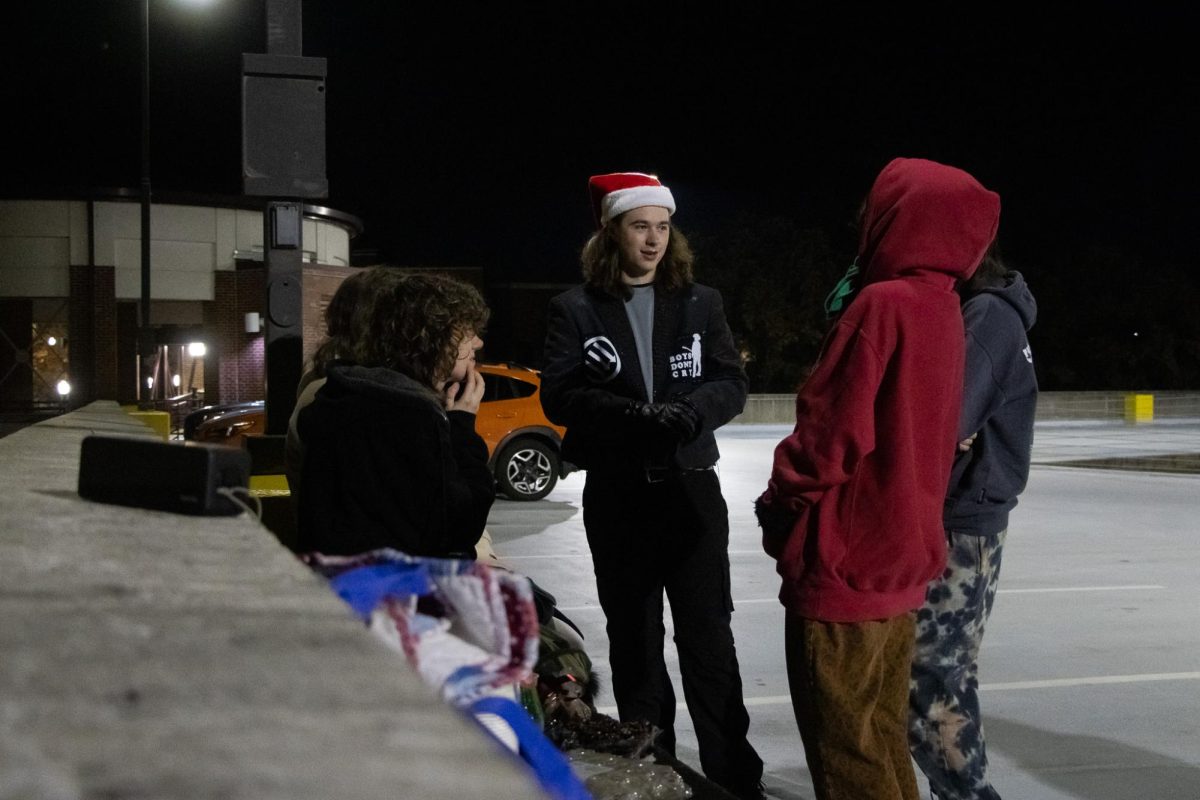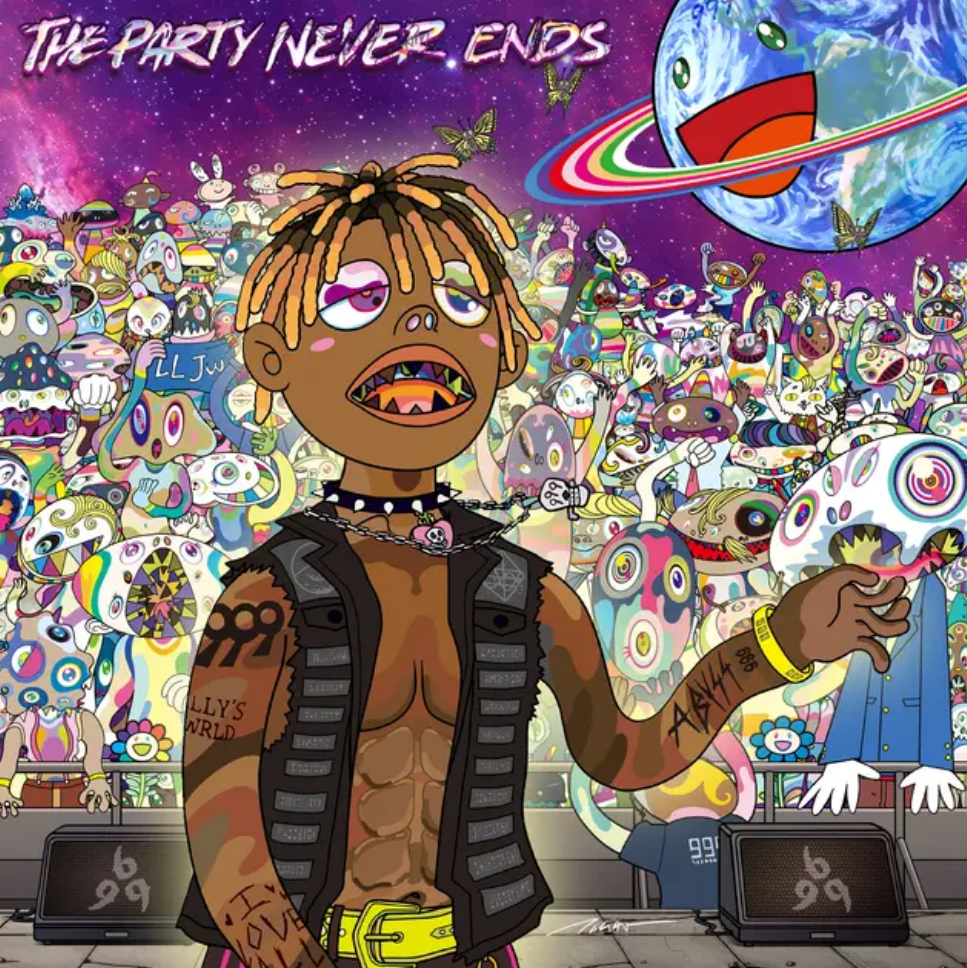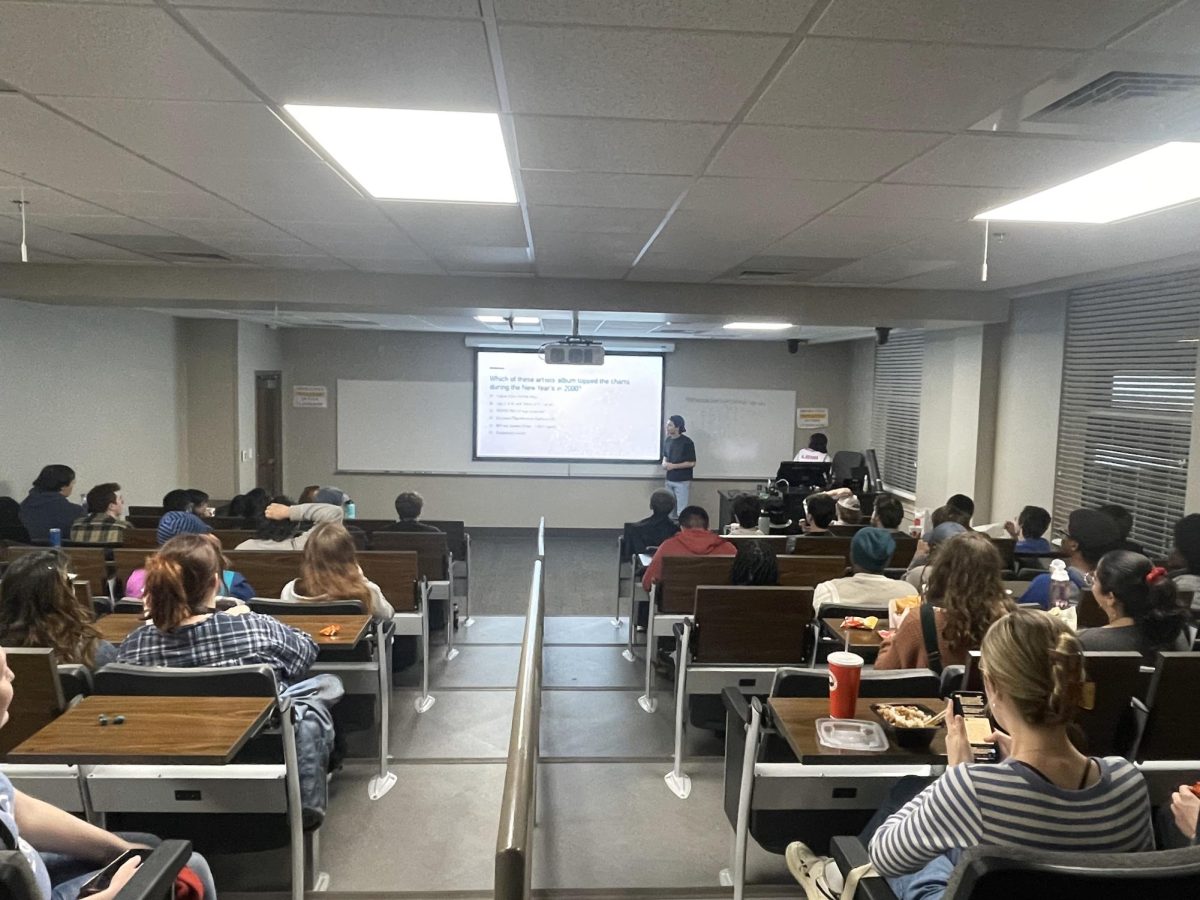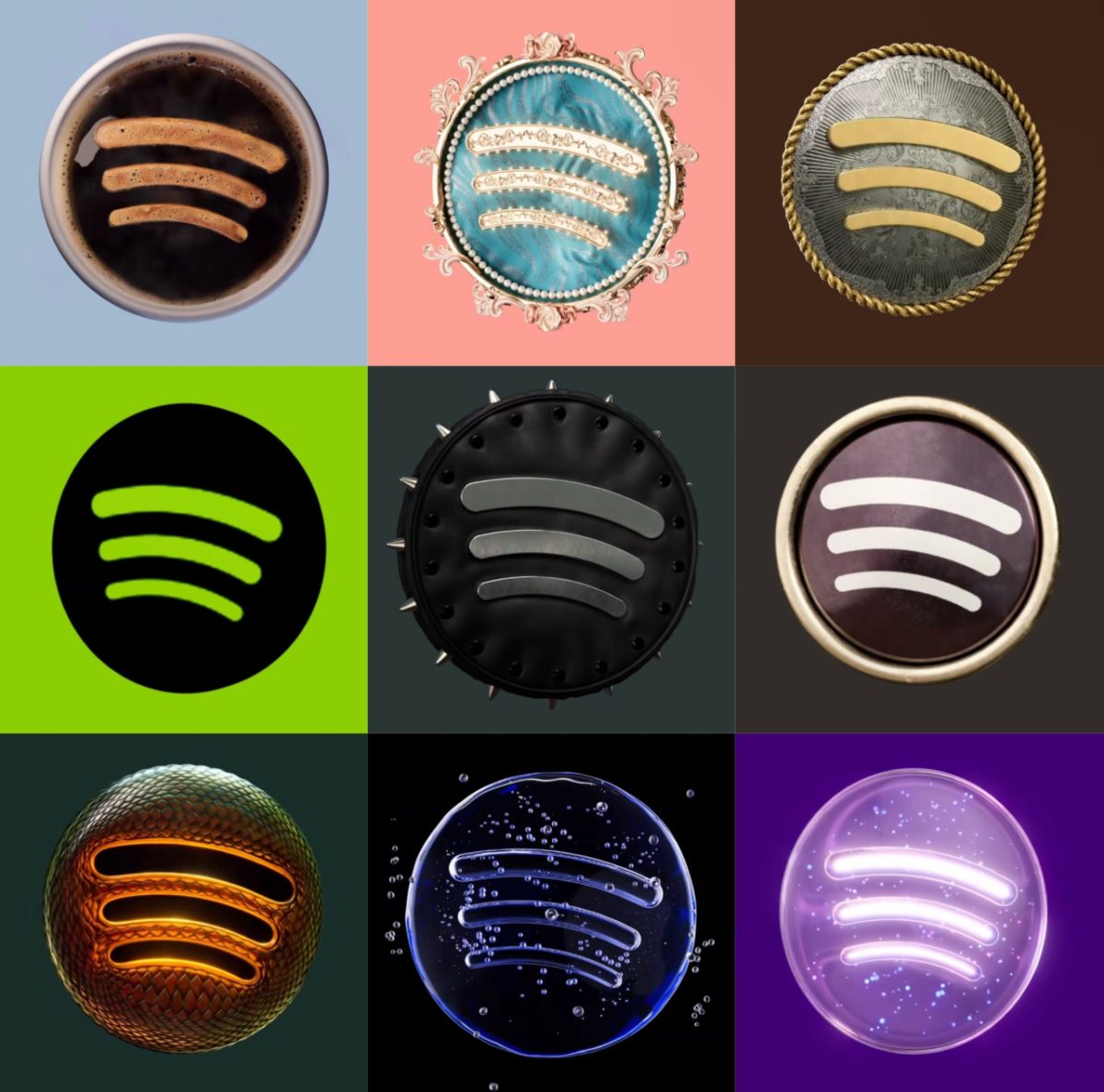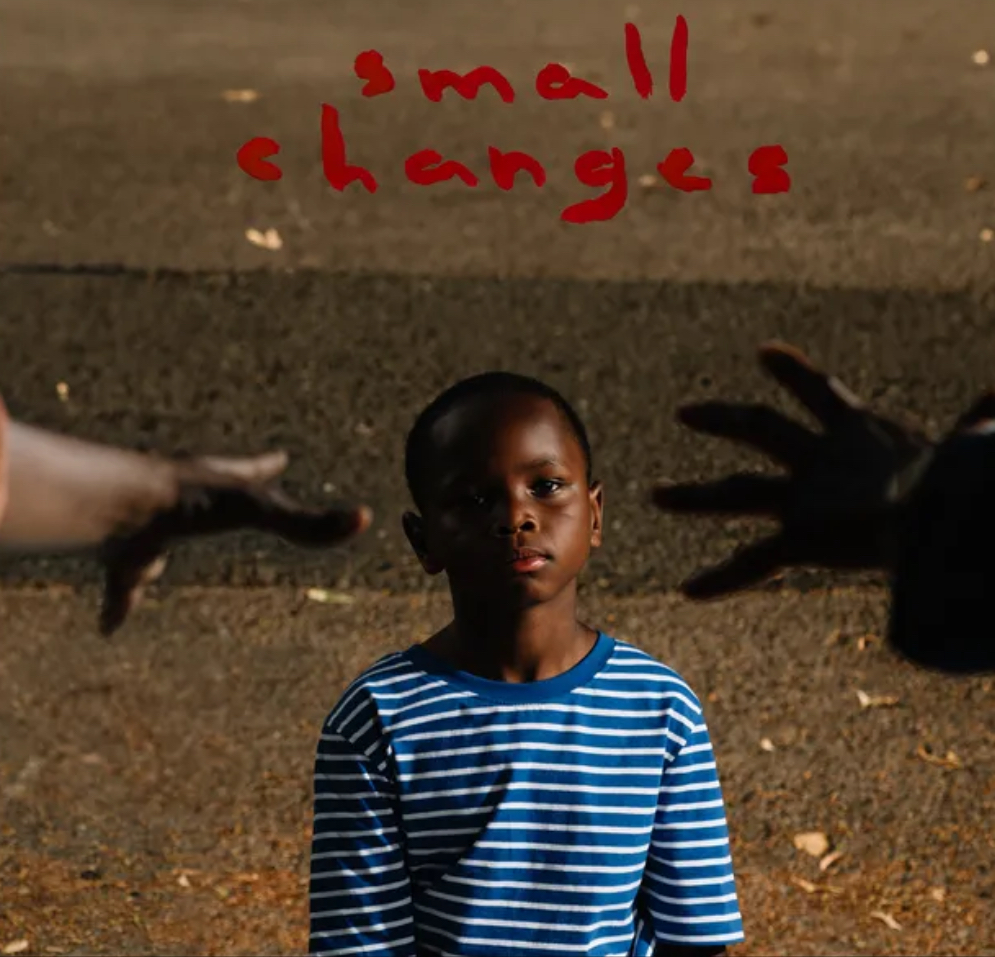 In this bleak and empty wasteland of the post-Harry Potter world we live in, it’s inevitable that any book about twenty-somethings at a school for magic will come under the closest scrutiny. That would be daunting for most fantasy writers, but in “The Magicians,” author Lev Grossman relishes in the prospect.
In this bleak and empty wasteland of the post-Harry Potter world we live in, it’s inevitable that any book about twenty-somethings at a school for magic will come under the closest scrutiny. That would be daunting for most fantasy writers, but in “The Magicians,” author Lev Grossman relishes in the prospect.
His characters are us—college students who grew up in the pages of Hogwarts, Middle Earth and other classics of fantasy lit (including a Narnia-like universe called Fillory, complete with talking animals and thinly veiled religious allegories). And naturally, just like us, their expectations of what magic should be like are colored by these books. Quickly, they realize that they (and consequently we too) couldn’t have been more wrong.
Quentin Coldwater is a genius. He, unlike a disturbing number of Hogwarts students, has more than a fifth-grade education in the traditional three R’s—which is all for the good at a magical college with a broader curriculum than the Hogwarts’ spell-casting of made-up Latin, wand-waving and jazz hands.
Magic at Brakebills Academy requires calculus, a working knowledge of quantum physics and proficiency in the very necessary languages of Estonian, Bedouin Arabic and Old Church Slavonic (just to name a few). Plus, giant spiders in the woods are nothing compared to the inter-dimensional Beast swimming up from the depths of the multiverse to devour students alive in the middle of class. In other words, practicing magic is actually kind of hard.
And that’s not the only difference. Brakebills, for one, is American. Located in upstate New York, the school caters to the uber-nerds, super-geniuses, hippie Wiccans and hipster intellectuals of the country. People like Quentin, our anti-hero, whose first reaction to the revelation that magic exists and he could be a magician (“wizard,” you know, is so passé) isn’t the wide-eyed wonder of a ten-year-old Harry Potter.
This is a world-weary high school senior we’re talking about, the kind who makes arch allusions to quidditch and the Anglophilia of American prep schools, quotes Borges and Cervantes alongside Star Trek references, whose professors curse often, turn their students into geese for a semester, and sanction a shocking amount of on-campus alcohol use, and whose headmaster tattoos battle demons into his students’ backs the night before graduation.
Not to mention that the central theme of the book is a whole lot more complicated than the clear-cut battle of good and evil we, the Harry Potter generation, have come to expect. Brakebills students are cynical, sarcastic and hardly heroic. They’re college kids, after all, with unlimited power and no small amount of post-traumatic stress disorder from battles with monsters out of H.P. Lovegood’s worst nightmare. In “The Magicians,” Quentin and his cronies discover, as he says, “the horror” of getting what you wish for.
Lev Grossman’s “The Magicians” (2009) is the anti-Harry Potter, a story that riffs on contemporary expectations of fantasy tropes and heroes. In its characters and plot, however, the novel is completely original—a trend that only continues in Grossman’s sequel “The Magician King,” just released last month.
This is a book you will devour, so get excited. But maybe not too excited. In keeping with the spirit of Brakebills and its denizens, try, at least, to affect an air of indifference. Hold your “retro” Kindle 2 casually aloft in one hand with the hip lassitude of the youthful literati, and just pretend you don’t wish that you too could be one of The Magicians.
Readers might also like: Jonathan Strange and Mr. Norrell, by Susanna Clarke; A Wizard of Earthsea, by Ursula K. LeGuin; The Atrocity Archives, by Charles Stross; Johann Cabal the Necromancer, by Jonathan L. Howard



